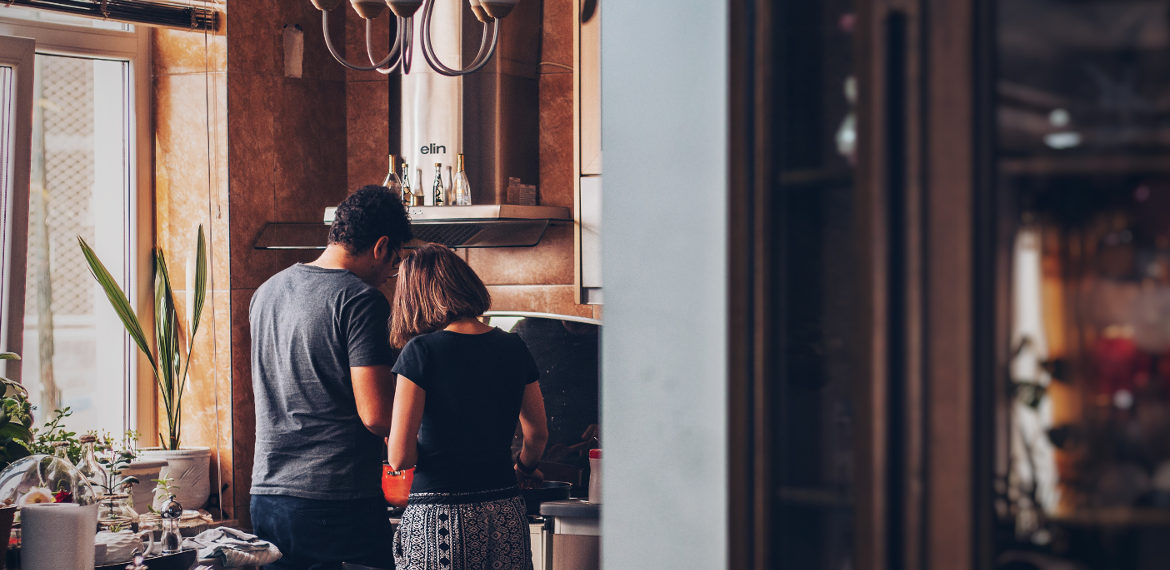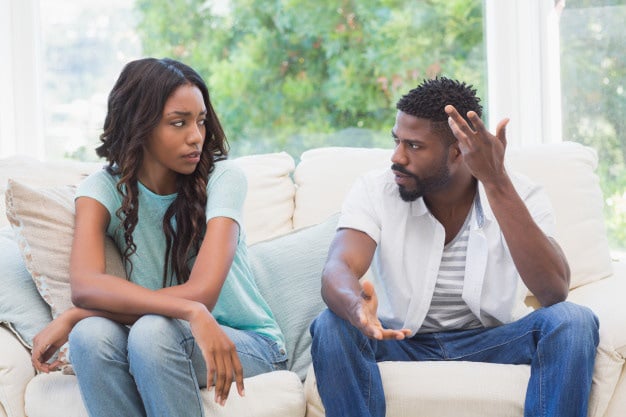
8 Ways to Survive Social Distancing with Your Partner
During these strange times, a lot of us are now either out of work or working from home. This means we may be spending a lot more time with our significant other or even just a friend or roommate.
These people are in our lives because we care about them. Most relationships, however, were not created by having nonstop time with the other person. Whether you identify as an introvert, extrovert or ambivert, unlimited time with another person is hard. To help make social distancing more bearable for you and your partner, I’ve created some guidelines for getting through this long-term home life.
- Communicate
- Sadly, chances are your partner is not a mind-reader (no matter how long you’ve been together or how well you know each other). If you have a need or a want, you have to tell your partner about it. When you’re spending unlimited time with your partner, you may need space before they do or vice versa. So when the time comes where you want to go on a walk (thinking that it’s your chance to escape) and they pop up to join you, don’t be afraid to speak up. . It’s okay to be direct and ask for the time alone, just do so nicely!
- Accept that Everyone is Different
- No matter how well you communicate with your partner, you have to accept that you are both different people. You each have different thoughts, feelings, experiences, and processes. During your constant time together, you may discover that you just need a thirty-minute bubble bath by yourself before you’re ready to be together again. Your partner, on the other hand, might need to read by themselves for an hour, then take a walk, then binge on one of their tv shows, and then they’ll be ready for together time again. This doesn’t mean one of you likes or cares for the other more or less. It simply means the two of you are different and have different needs.
- Establish Your Own Alone Space…
- Whether you have two bedrooms, a living room, and a bedroom, or just two ends of a couch, it’s important to establish a space that tells your partner that you need to be alone. There should be a set space reserved for each of you that the other is not allowed to claim, in order to ensure you can be there whenever you need it.
- Set Aside “Alone Time” Each Day
- This could look like you both deciding to eat your lunches alone, or maybe your mornings start with an hour of personal time. No matter what the two of you decide to reinforce, getting alone time is important (and healthy!) during this time, and communicating about it before tension arises will help you avoid hurt feelings.
- Create a Schedule and Stick to It
- With our days now increasingly being open and flexible, it’s even more important to maintain a daily schedule. Even though you may not have anywhere to be, you should keep your day-to-day life as consistent as possible. If you were waking up at 7 a.m. and working from 8-4, you should still be waking up at 7 a.m. and working from 8-4. In addition to maintaining your work schedule, you should also establish a personal schedule and communicate it to your partner. It’s important that you both have an idea of how your days are going to look. That way, when your significant other is expecting you to sit on the couch and begin your nightly binge, you’re not upset because you wanted to go on the run you planned in your head that morning.
- Include Something you Enjoy in Your Day
- This doesn’t have to be specific to your relationship. Make sure you’re doing at least one thing that you enjoy each day. Remember, this is not something you decided you “should” do, but something you actually want to do. If your day is spent working and then spending time doing what your partner wants to do, you’re going to be a fairly grumpy person, and fairly quickly at that.
- Do Something for the Other Person
- If you know your companion loves it when you take the dog for a walk, or fold the laundry, or even just give them a quick hug, then try to fit that into the day. As Dr. John Gottman, creator of the Love Lab points out in his new podcast “The Little Things,” it is often the small details that make the biggest impact. Not only is it considerate, but it also puts positive energy into your living space (plus, it’s hard to stay mad at someone who just did a load of dishes so you don’t have to).
- Lastly, Remember to Have FUN With Your Person
- Try to make sure through all of these moments of uncertainty and stress that you’re finding time for you and your partner to have fun together. You deserve to enjoy your time and so does your partner. If you’re able to do it together, then you’re more likely to enjoy each other.
Don’t let social distancing negatively impact your relationship. Just remember to give each other breaks because we’re all just doing the best we can with this very difficult, scary and stressful situation.
If the COVID-19 outbreak has gotten the best of you and/or your partner, contact our team today to learn more about our virtual counseling options for both couples and individuals.

About Maegan Stewart
Maegan Stewart, LMFT, earned her MS in Counseling from Southern Methodist University and has completed Level 1 Training in Gottman Method Couples Therapy. She specializes in counseling for anxiety, depression, grief, codependency, marriage and couples relationships, divorce, gender and sexuality, and children's and family issues (including blended families). She sees individuals, families, couples, and the LGBTQ+ community at Lifeologie Counseling Cedar Hill Texas.
Meet Me



.png)